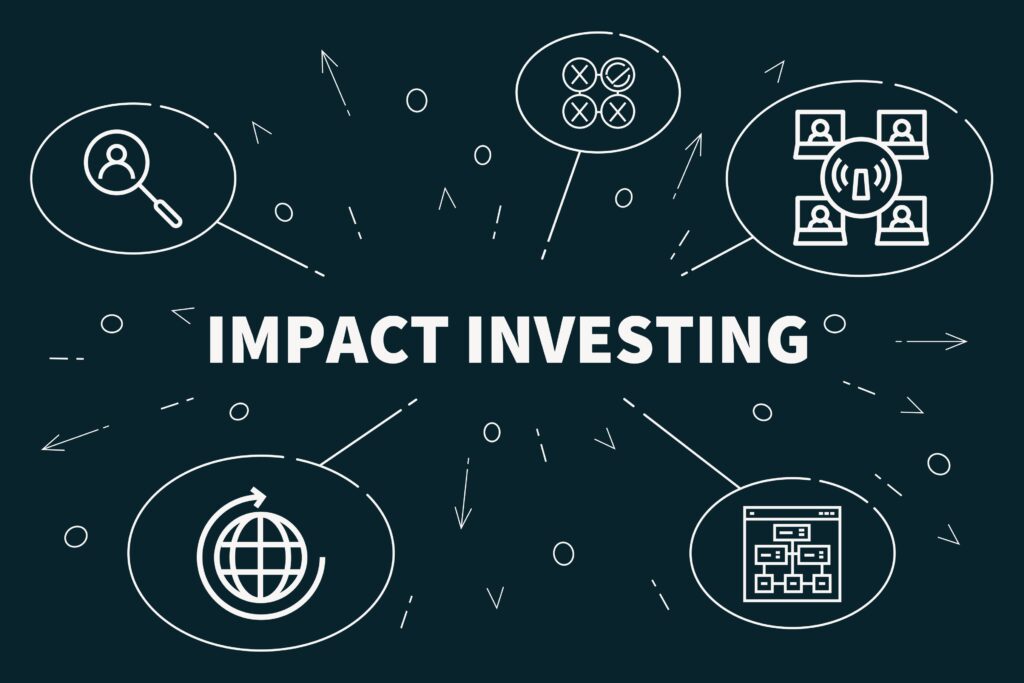Executive Briefings
Executive Briefing: A New Urgency Around ESG
25 November 2014

An increasing number of private equity investors active in Latin America are focused on ESG – the environmental, social, and governance impact of their investments. Like PE firms in other regions, fund managers in LatAm are targeting ESG now in response to investor demands; but in practice most LatAm GPs are used to managing ESG related issues as an inevitable part of backing companies and projects in emerging economies.
(Last month we published the LAVCA-EY DealBook and ESG Cases, which highlighted some of the best examples of the positive impact of PE in the region; on December 8 I’ll be joined by managers from Abraaj, Advent, Capital Group, and Southern Cross to talk about those deals at our annual program at Council of the Americas in New York.)
The results of the most recent LAVCA-Coller Capital LP Survey reflected the trend among LPs prioritizing ESG: 72% of respondents indicated that ESG considerations play a material role in their fund selection process.
Traditionally, European LPs and Development Finance Institutions have placed a higher priority on ESG considerations than their counterparts in other markets, but member firms that I spoke with this month reported a growing global consensus, with US, Asian, and Canadian institutional investors all demanding accountability on ESG as part of the commitment process.
It is worth noting that when ESG requirements are based on global standards and principles such as the United Nations Principles for Responsible Investing (UNPRI), there can be a disconnect with the reality of managing EM businesses. One GP described a conflict with a European LP when it was discovered that a supermarket chain in the portfolio had teenagers collecting shopping carts for tips – a violation of requirements around child labor.
(Thirty-one Brazilian investment firms are signatories of UNPRI, in addition to one Colombian and one Peruvian firm).
But mostly recently PE firms seem keen to take a proactive stance on ESG practices and reporting, getting ahead of principles and LP demands and with an eye to positioning portfolio companies for exit.
One manager in Brazil talked about the opportunity to drive EBITDA through ESG risk mitigation, and the premium paid by both local and international strategic acquirers for assets where all the ESG checks are in place. It also opens the door to listing on public exchanges in Latin America or the US (there were eight PE-backed IPOs on LatAm exchanges in 2013).
Most investors backing businesses where there is potential for environmental impact, such as energy, mining, timber, agribusiness, or infrastructure projects, already have checks and processes in place in response to regulators’ demands. Brazil’s environmental laws are notoriously strict, and in Colombia and Peru national laws require “consulta previa”, or a process of negotiation with local communities and indigenous groups, before projects can be approved.
A proactive approach to transforming corporate governance within portfolio companies is also an inherent part of the value creation process for LatAm PE investors. GPs expect to address board composition, financial reporting and transparency, and conflicts of interest as they professionalize and grow traditional businesses. Most recently international firms active in LatAm, and local firms that raise capital in the US, are seeking to comply with new demands generated by the Foreign Account Tax Compliance Act (FATCA).
For many fund managers, the area where new initiatives and a certain amount of creativity is required is around the “social” component of ESG. Overwhelmingly PE investments in Latin America target growth and job creation rather than downsizing or restructuring. But going forward investors are likely to focus on the quality and nature of those jobs, education and training, and other societal impacts generated by portfolio companies.
As ESG settles into the general lexicon of PE terminology, there should be an opportunity to clearly distinguish ESG initiatives pursued by traditional PE firms from the realm of impact investing where funds are raised specifically to invest in double bottom line companies or those operating at the base of the pyramid.
Impact investing is an important and growing industry independent of traditional PE, although in Latin America we have seen some initial overlap with venture capital and impact investors leveraging internet technology, where interests align to “do well” and “do good”.
You may be interested in...
-

Executive Briefing: The Glass Half Full – Finding Opportunity in Latin America Today
The recent EU-LatAm trade deals are a bright spot in the midst of a complex political...
-

Executive Briefing: Mapping Impact Deals & Funds in Latin America
Driven by new members and increased deals, LAVCA has been growing its footprint in impact...
-

Then & Now: Revisiting the 2008 Financial Crisis & Impact on Latin America
By Cate Ambrose, President & Executive Director, LAVCA THEN: I joined LAVCA and...
-

Executive Briefing: What is Driving Private Real Estate in Latin America?
Over the last few years, coinciding with a period of political uncertainty in major Latin...
